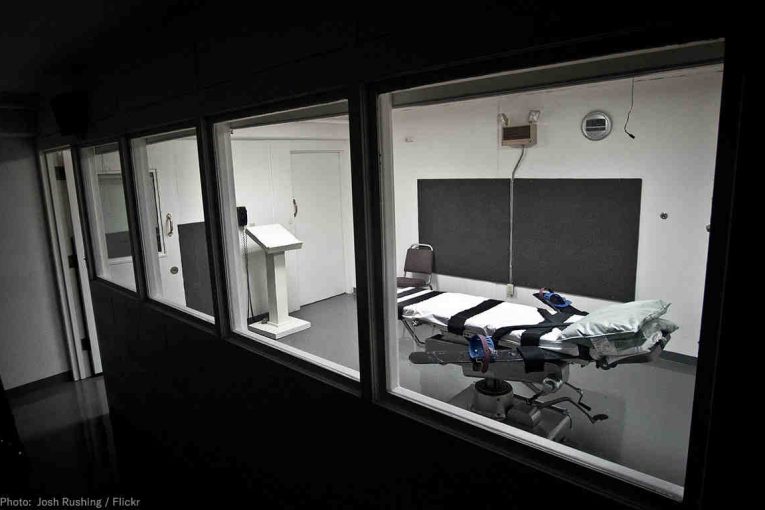

By Olivia Biliunas and Maeve O’Brien
ATLANTA, GA – The State of Georgia is being sued by the ACLU of Georgia and the Law Offices of Gerry Weber because of Georgia’s statewide restrictions on media access during executions.
The Appeal, a non-profit news organization, has found that preventing the public from witnessing executions is unconstitutional, noting the lawsuit centers around a fear of the general public being inaccurately informed about executions.
ACLU legal director Cory Isaacson added, “If the State of Georgia is going to carry out executions of its own citizens—perhaps the most powerful exercise of governmental power there is—then it needs to do so in the eye of the public.”
In the complaint filed by The Appeal for declaratory and injunctive relief, it was stated that the State of Georgia has a long history of publicly-viewed executions.
The same complaint argues that “public access to the execution process, which currently happens exclusively through media witnesses, play a crucial role in ensuring that the execution process is carried out humanely and in accordance to the law.”
The complaint adds that “the First Amendment of the United States Constitution… [and] the Georgia Constitution require auditory and visual media witnesses to access the full execution process.”
The ACLU of Georgia said an execution for Willie James Pye has been scheduled for March 20, and that currently media witnesses are unable to access important information regarding the execution processes such as auditory or visual access to the room where the lethal injection occurs. The ACLU notes media witnesses cannot see the drug or the amount of drug during the injection.
The ACLU said, “The State also prohibits witnesses from hearing most of what is said or what sounds are being made during the execution process, and also prohibits all but one witness from seeing the stage of the execution–attempting to establish intravenous access on the condemned prisoner–that is the most fraught, and has been the source of multiple botched executions.”
“The State of Georgia’s media access restrictions obstruct The Appeal’s ability to fulfill its mission of informing the public about the criminal legal system and how it works,” said Molly Greene, strategy and legal director, The Appeal.
Attorney Weber stated, “Having members of the press during the entire execution process is the only way brutal problems are revealed. Secreting the execution process hides its reality.”
The ACLU of Georgia concluded, “The lawsuit seeks a temporary restraining order and interlocutory injunction preventing the State from carrying out executions until it has removed the unconstitutional limits placed on media witnesses’ visual and auditory access to the entire process.”